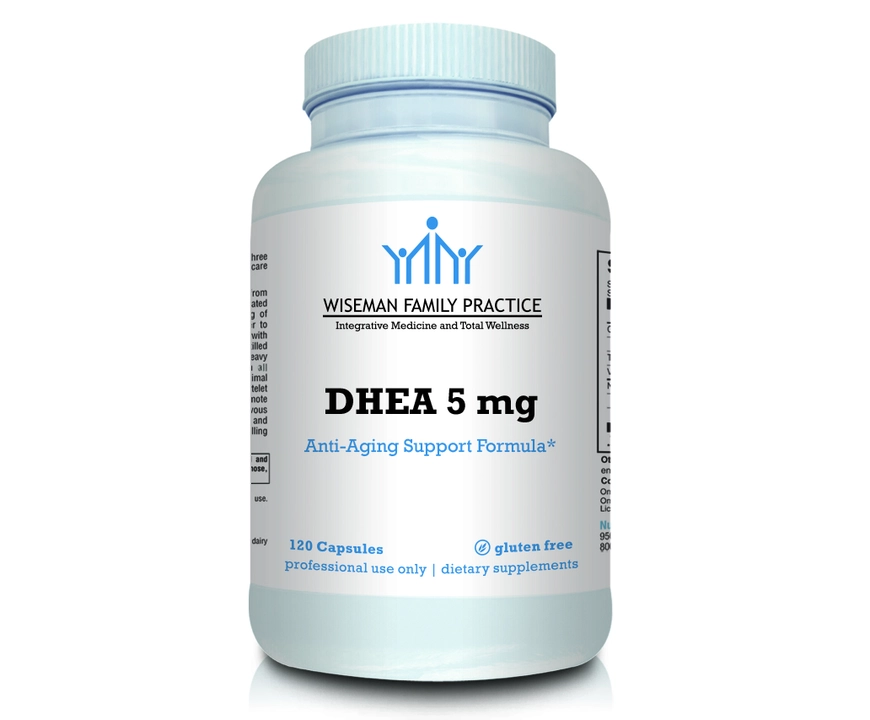Immune support: Practical ways to boost your defenses
Want a stronger immune system without gimmicks? You don’t need expensive tests or miracle cures. Small daily habits add up fast. Below I’ll share clear, useful steps you can actually follow—food, sleep, stress, and when supplements help.
Everyday habits that really help
Start with sleep. You heal and reset while you rest, so aim for 7–9 hours most nights. Poor sleep lowers infection-fighting cells and makes colds last longer. Next, move more. Regular moderate exercise—walking, cycling, or home workouts—improves circulation and immune surveillance. You don’t need to overdo it; too much intense exercise can temporarily weaken immunity.
Feed your immune system. Eat a mix of colorful vegetables, fruit, whole grains, lean protein, and healthy fats. Vitamin C-rich foods (bell peppers, citrus), zinc sources (beans, nuts, meat), and vitamin D from sunlight or fortified foods support immune cells. Don’t chase single “superfoods.” Variety matters more than one miracle item.
Hydration and hygiene matter. Drinking water helps your body deliver nutrients and flush toxins. Wash hands during cold and flu season, and stay home when you’re sick to avoid spreading germs. Vaccines are also part of immune support—use recommended vaccines to prevent specific infections.
Supplements: when they help and when they don't
Supplements can fill gaps, not replace good habits. Vitamin D is the most commonly helpful supplement—many people are low, especially in winter. A blood test and doctor’s advice make dosing smarter. Zinc lozenges can shorten a cold if started early, but don’t take high doses long-term. Vitamin C helps a little when you already take it regularly, but megadoses won’t prevent illness.
Probiotics support gut health, which links to immunity, but benefits vary by strain. Choose products with proven strains and follow label directions. Avoid unproven blends that promise to 'supercharge' immunity—there’s no shortcut to a healthy immune system.
Manage stress. Chronic stress raises inflammation and weakens immune responses. Quick wins: 10 minutes of breathing, a short walk, or a consistent bedtime routine. Counseling or therapy helps when stress feels unmanageable.
Watch medications and conditions that affect immunity. If you take immune-suppressing drugs or have conditions like diabetes, talk to your doctor about tailored immune support. Some treatments and interactions need careful management.
When to see a doctor? If you have frequent infections, slow-healing wounds, unexplained weight loss, or night sweats, get evaluated. Those signs sometimes point to underlying immune problems that need testing and treatment.
Want more practical reads? Check related posts on this site about quitting smoking (better skin and immunity after quitting), allergy care, and vitamin options. Pick a few tips and try them for a month—small, consistent changes beat sudden dramatic shifts.
Start simple: sleep better, eat varied whole foods, move a bit each day, cut chronic stress, and ask your doctor about vitamin D. That’s real, useful immune support you can use now.
Discover the Amazing Health Benefits of Coriolus Mushroom Dietary Supplements Today!
- Robin Tudge
- May 16, 2023
- 10 Comments
I recently came across Coriolus Mushroom dietary supplements and discovered their amazing health benefits. These supplements are known to boost the immune system and support overall wellness. I was amazed to learn that they also have anti-cancer properties and can help balance blood sugar levels. If you're looking for a natural way to improve your health, I highly recommend giving Coriolus Mushroom supplements a try. Trust me; your body will thank you for it!
read more
